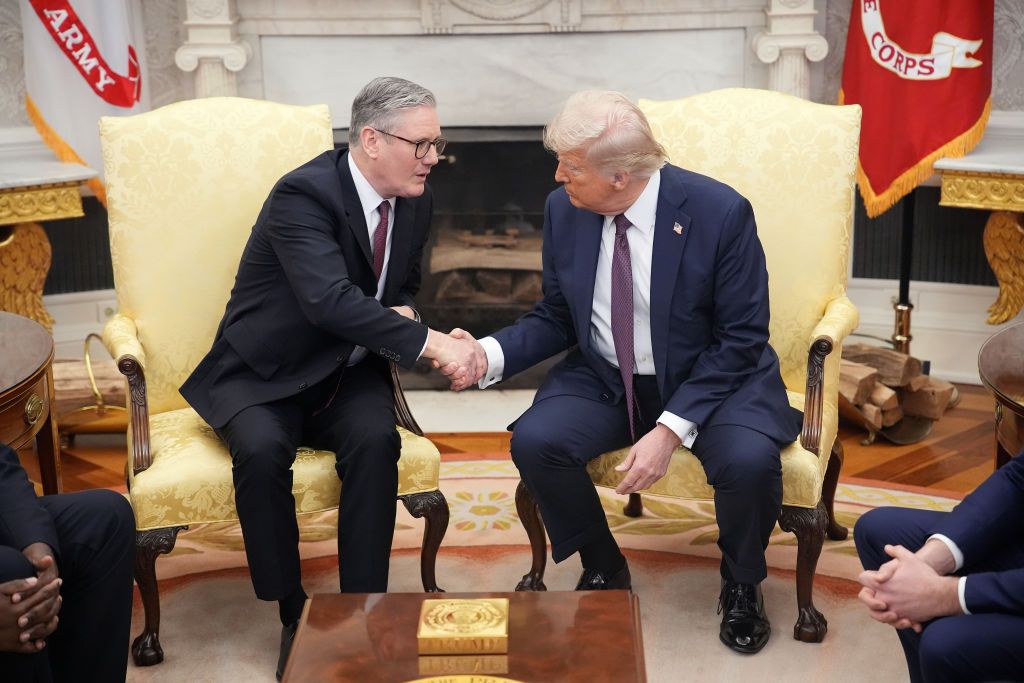Unlock stock picks and a broker-level newsfeed that powers Wall Street.
Maurie Backman
Mon, Mar 31, 2025, 9:07 AM 6 min read
High interest rates have been battering consumers for years. And there's been a lot of pressure on the Federal Reserve to lower its benchmark interest rate, since that should result in lower consumer borrowing costs across the board.
But in March, the Fed opted to keep its benchmark interest rate steady. The Fed hasn’t nudged interest rates downward since late 2024. Its last rate cut happened back in December.
That’s not sitting well with President Donald Trump, who has made it clear that he’s looking for the Fed to cut rates in short order.
-
I'm 49 years old and have nothing saved for retirement — what should I do? Don't panic. Here are 5 of the easiest ways you can catch up (and fast)
-
Nervous about the stock market in 2025? Find out how you can access this $1B private real estate fund (with as little as $10)
-
Americans with upside-down car loans owe more money than ever before — and drivers can’t keep up. Here are 3 ways to cut your monthly costs ASAP
“The Fed would be MUCH better off CUTTING RATES as U.S.Tariffs start to transition (ease!) their way into the economy,” Trump wrote in a post this past Wednesday on Truth Social.
“Do the right thing. April 2nd is Liberation Day in America!!!”
On April 2, Trump is expected to roll out a targeted tariff initiative that focuses on trade partners who are considered to have large imbalances with the U.S.
Both interest rates and tariffs can have a notable impact on the U.S. economy.
Interest rates dictate how much it costs consumers to borrow money. They also determine how much it costs companies to borrow money to finance operations.
When interest rates are higher, consumers tend to spend less. It's for this reason that the Federal Reserve tends to raise interest rates during periods of higher-than-average inflation.
Inflation commonly comes as the result of a mismatch between supply and demand. When there's not enough supply to meet demand, prices tend to rise.
By raising interest rates, the Fed can discourage consumers from spending. That, in turn, narrows the gap between supply and demand, causing prices to come down.
Tariffs, meanwhile, can lead to higher costs for imported goods. If it costs more for U.S. supermarkets and retailers to source the products they sell, those higher costs are generally going to be passed onto consumers, resulting in higher prices.
Of course, the hope is that U.S. companies will source more products domestically in light of tariffs. But that won't necessarily result in lower prices.
.png)
 German (DE)
German (DE)  English (US)
English (US)  Spanish (ES)
Spanish (ES)  French (FR)
French (FR)  Hindi (IN)
Hindi (IN)  Italian (IT)
Italian (IT)  Russian (RU)
Russian (RU) 








Comments